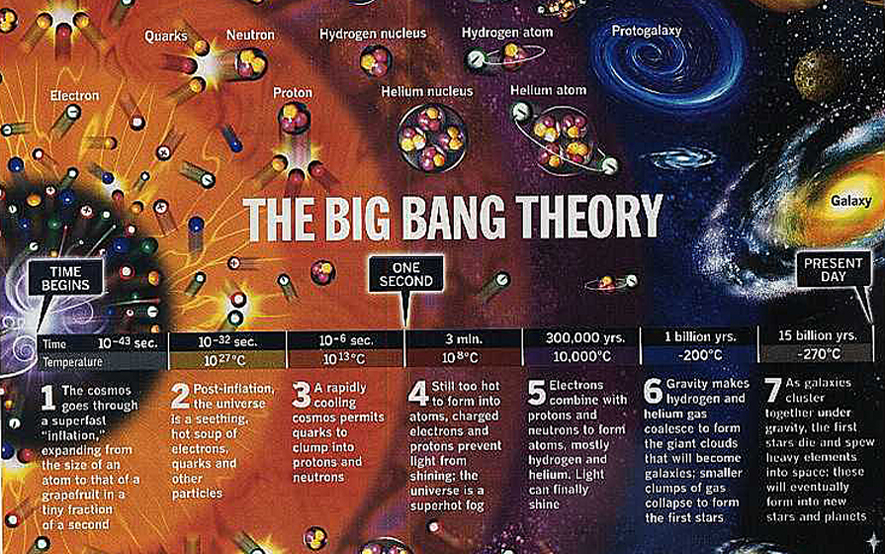With the excitement of driving out
of town to move to a new phase of life, there often comes a pang of sadness in
watching the hometown get smaller in the rearview mirror. Now imagine driving
into a treacherous dark night with the warm lights of home in that rearview. We
think of Christ’s advent as a coming—as the
coming—and rightly so. But there is in this coming very much a going. For the
Son of God to come, he had to, though being in very nature God, not consider
equality with God something to be clung to or used to his own advantage.
Rather, he made himself nothing by taking the nature of a servant, being made
in human likeness. And as a human being, he humbled himself by becoming
obedient to death—even death on a cross (see Phil. 2:6-8).
Christ’s advent and incarnation are
about a profound leaving, a leaving behind of surety and trappings and status
and comfort and the warm light of power to come to the cold, dark night of
anonymity and abandonment, of pain and humiliation and death. The light of the world
had to leave the “unapproachable light” of glory in order to come to the
“people who walk in darkness.” This is the Christ child, heralded by the
heavenly host while he helplessly wails into the blackness and bleakness of our
collective night.
And so, in many ways, it is for us.
Each coming requires a leaving. Each step on our journey requires another step
left behind. Otherwise, we are standing still, which is sometimes appropriate,
but other times is a clinging to some secure season of life, using to our
advantage some place or person or experience that should be left behind for a
new coming. This is especially the case in our own advent, our coming into our
true selves, which requires leaving behind the false self piece by piece, step
by step.
 |
| St. Catherine of Siena, by Giovanni Tiepolo |
Catherine offers comfort
and guidance for the journey into the cold, dark winter: “In the light of faith
I gain wisdom in the wisdom of the Word your Son; in the light of faith I am
strong, constant, persevering; in the light of faith I have hope: It does not
let me faint along the way. This light teaches me the way, and without this
light I would be walking in the dark.”[2]
So, in faith, we leave behind the fires of the familiar in order to follow the
light that came into the darkness—the light that proclaims, indwells, and
empowers even us to be light in the world. As we light the candles of the
season we should remember not only Christ’s coming, but also the leaving that was
required for his coming. And we should follow him. There is enough heavenly
light for the next step.





